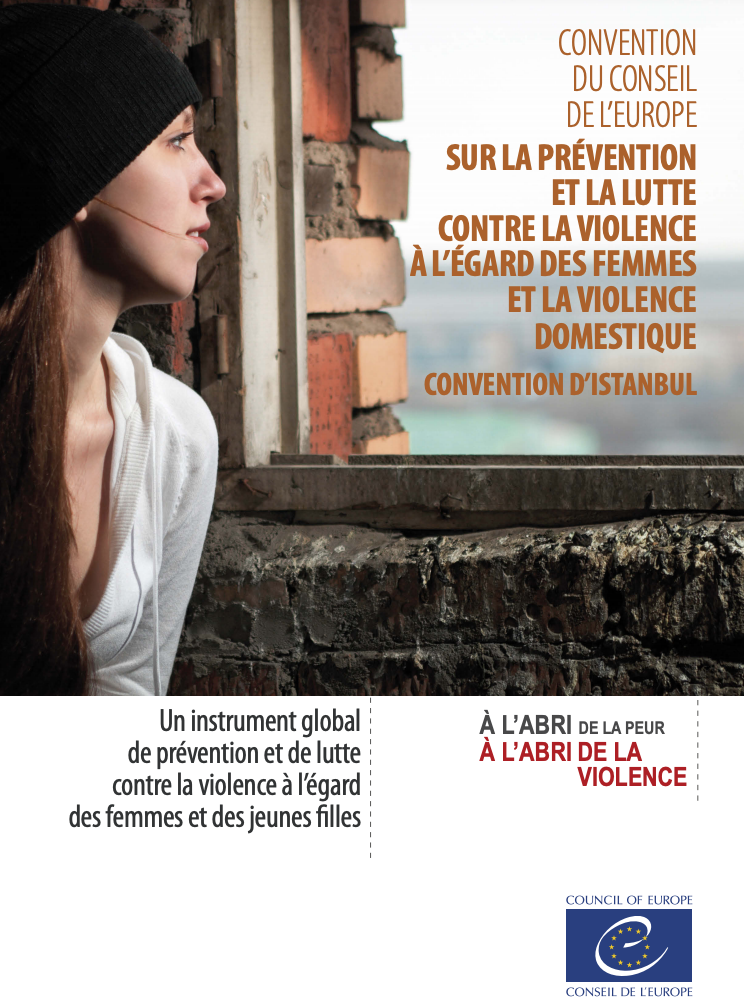European treaty to combat violence against women a critical measure for foreign-born people confronted with domestic violence in France
The Council of Europe Convention on preventing and combating violence against women and domestic violence (the Istanbul Convention) sets legally binding standards on prevention, protection, prosecution, and adequate provision of services to respond to the needs of victims of domestic violence.
Domestic violence in France
France has one of the highest domestic violence rates in Europe. The French government estimates that each year, 213,000 women aged 18 to 75 are confronted with sexual and/or physical violence from their partner or ex-partner, yet only 18% make a formal complaint.
In 2017, a report commissioned by the French government found that victims of domestic violence in France found navigating existing services and legal procedures to be complex. Despite recent progress in laws, services, and funding to combat domestic violence, qualitative research conducted by Women for Women France (WFWF) in 2019 concluded that the task of asserting rights and accessing services remains onerous.
These obstacles are compounded by intersectional factors.
Foreign-born people experiencing domestic violence in France
Ten percent of women living in France, were born overseas, representing 3.3 million people. Those that face domestic violence encounter additional obstacles when seeking help, such as:
- language barriers
- limited knowledge of local administrative and judicial systems
- international legal complexities relating to divorce and child custody
- immigration status and administrative dependence
- difficulties having complaints registered by police
- limited coordination between relevant services.
The Istanbul Convention stipulates that services must address the intersectional disadvantages that foreign-born victims of domestic violence face.
- Article 19 of the Convention requires that victims receive “adequate and timely information on available support services and legal measures in a language they understand”, and
- Article 4 stipulates that the fundamental right “to live free from violence in both the public and the private sphere” is secured without discrimination based on intersectional factors.
Measuring success under the Istanbul Convention
As a signatory to the Convention, France is required to work towards meeting the conditions of these Articles.
An independent expert body, the Group of Experts on Action against Violence against Women and Domestic Violence (GREVIO), is mandated with monitoring the implementation of the Convention.
France is currently undergoing its first evaluation by GREVIO, with the report due in December 2019.
Istanbul Convention signatories
The Istanbul Convention was opened for signature on 11 May 2011. As of March 2019, it had been signed by 45 countries and the European Union.
France signed the Convention on 11 May 2011 and ratified it on 4 July 2014, with the Convention coming into force in the country on 1 November 2014.
To read more about the Istanbul Convention, click here.
To read more about GREVIO, click here.
